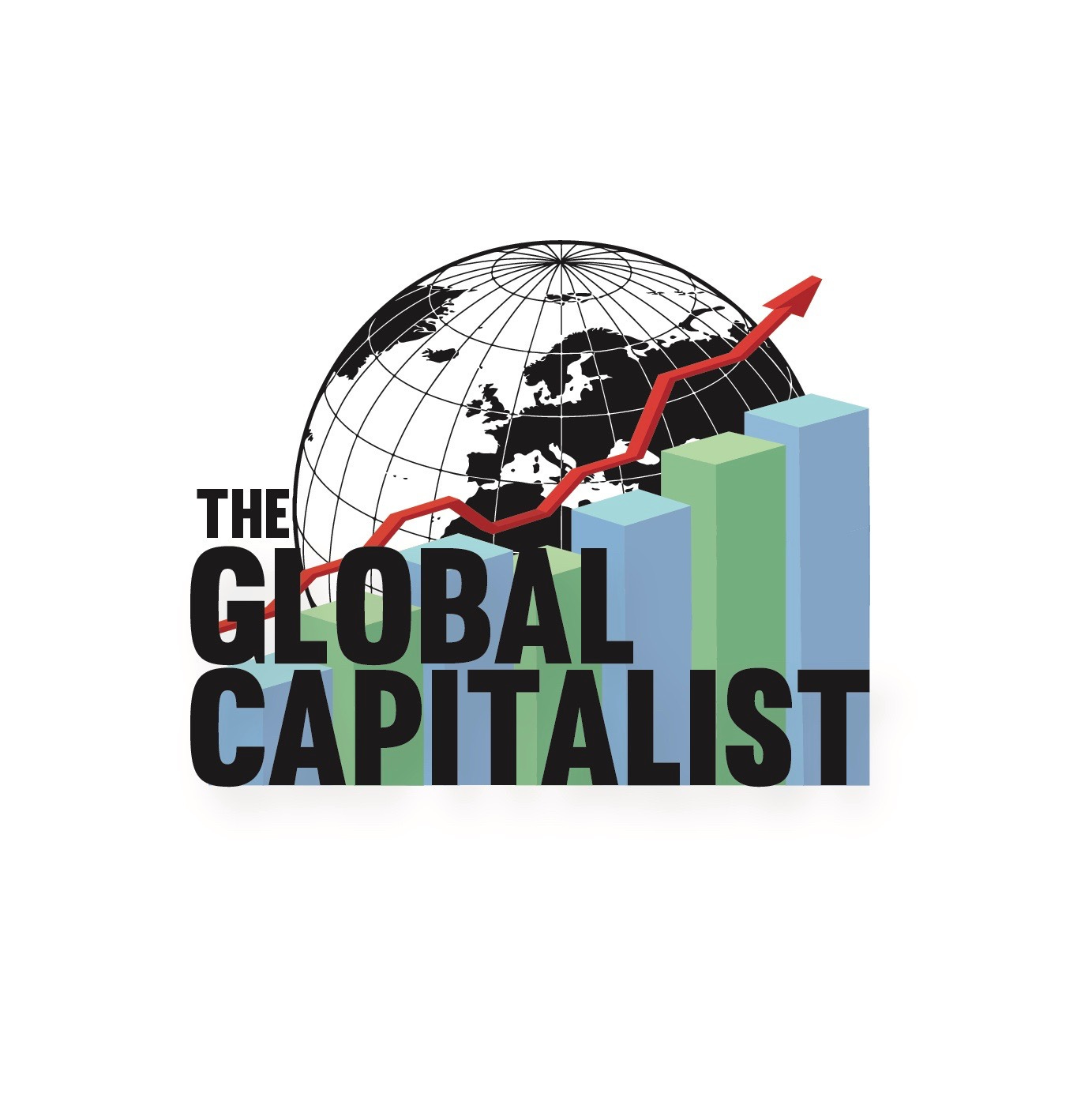This Week In Emerging Markets (Vol. X)
News, data, and curated content from across the globe.
Welcome to This Week In Emerging Markets, a weekly wire for topics in, from, and about emerging markets.
Hey everyone - Our next piece will actually be out next week. Thanks again for all your support!
— Tom
Friendly reminder that this is a free publication. Please consider subscribing below or sharing this post to support my work.
Trivia
By the time this newsletter is out, the 2020 (2021) UEFA European Championship will have started. Italy will face off against Turkey at Stadio Olympico at 3pm EST. Without further ado...
1) Who won the 2016 EuroCup?
2) Which player scored the most goals?
3) What was the last UEFA event to be hosted at Stadio Olympico?
Answers below.
The Mainichi: BOJ buys no ETFs in May, 1st month without purchases under Kuroda
The BOJ's opting out came after it removed a 6 trillion yen ($55 billion) annual target for purchases to make ETF buying more flexible in March, responding to mounting criticism of the central bank's huge presence in the stock market.
The last time that the BOJ did not make any ETF purchases for a whole month was in December 2012. Kuroda took the bank's helm in March 2013.
———————————————
A decade later, the BOJ became a top shareholder of Japanese stocks, partly because the coronavirus pandemic prompted it to step up purchases, but it faced criticism that such buying distorted market mechanisms.
HOW DOES INTERNATIONAL MONETARY LEADERSHIP END? THE STERLING AREA REVISITED
The US dollar still dominates the global financial order. Yet there appears to be an inexorable decline in US geostrategic power, and cracks have emerged in the liberal international order. In this paradoxical context of dominance and decline, the question of how monetary leadership ends has taken on a new salience.
———————————
The most obvious lesson of this history is that international currencies are not immune from the shifting structures of international economic and political power. There is clear evidence that, albeit with some lag, monetary relations follow shifting patterns of international trade and capital flows. The gravitational economic pull of an international currency cannot be maintained indefinitely, absent the productive base and international flows of real resources that stand behind it.
S&P Global: Container shipping grapples with China ports operational delays
"The Yantian port can only handle 500 boxes a day now compared with 30,000 before... The vessels can't call Shekou or Nansha because these ports don't carry the capacity to handle such large volumes," a logistics provider based in Hong Kong said, adding that the congestion had spread to other ports.
"The Yantian issue will definitely snowball. Even if they say the resolution will be found by July, it will have lingering effects," the logistics provider said.
————————————
Meanwhile, global container shipping rates remain elevated due to strong demand for consumer goods amid strong market fundamentals. A lower number of ships were available with carriers wanting to secure more tonnage.
"During Q4, global container volumes continued to increase due to a strong demand for consumer goods. Asia-North America trade volume increased in Q4 by 40% year on year," container transportation company Ocean Network Express said in its financial results presentation for the year ended April 30, 2021.
Twitter:
CNBC: Turkish lira hits record low after Erdogan renews call for interest rate cuts
“If we remove the burden of interest rates from investments and costs, then we will enter a calmer environment because it’s the interest rates that cause cost inflation,” Erdogan said.
————————
So far, Kavcioglu has held Turkey’s key interest rate at the steep 19% that his predecessor Naci Agbal had increased it to. It is widely suspected Kavcioglu has been hired for his tendency to agree with Erdogan’s monetary policy views.
Since Erdogan’s firing of Agbal in mid-March, the lira has lost 16% of its value.
Bloomberg: IMF Sees Risks After El Salvador Makes Bitcoin Legal Tender
El Salvador’s congress approved a law this week requiring businesses to accept Bitcoin in exchange for goods and services. President Nayib Bukele said the digital currency will help counter El Salvador’s low banking penetration and cut the cost of sending remittances.
———————————————
The nation’s bonds dropped, sending the yield on its bonds coming due in 2025 up 71 basis points to 7.8% at 10:40 a.m. in New York. El Salvador’s bonds are the worst performers in emerging markets this week, according to a Bloomberg Barclays index.
Al Jazeera: Saudi Aramco to sell $6B of dollar-denominated Islamic bonds
Saudi Aramco, the world’s biggest energy company, is selling $6 billion of bonds in its first dollar-denominated Islamic bond sale.
The state-controlled company is offering sukuk due in three, five and 10 years, and the longest portion will yield 120 basis points above Treasuries, according to a person familiar with the matter. That’s down from initial discussions of around 160 basis points.
Aramco’s oil revenue accounts for about 40% of Saudi Arabia’s gross domestic product and the recent increase in crude prices may drive this even higher, Bloomberg Intelligence analysts Jaimin Patel and Damian Sassower wrote in a note Tuesday. Saudi Arabia’s plans to reduce its dependence on Aramco will be challenged by the nation’s fiscal deficit, they said.
Fortune: The ECB is boosting bond buying even as the Eurozone economic forecast looks up
ECB policy makers accelerated the pace of their 1.85 trillion-euro ($2.25 trillion) bond-buying program three months ago to rein in rising borrowing costs, and several argued before the meeting that the economy isn’t ready for a withdrawal of support, setting the scene for a repeat pledge.
————————————————
In the euro area, inflation climbed to 2% in May, technically above the ECB’s target. The institution’s last forecasts, however, showed it missing its goal both next year and in 2023.
Officials have repeatedly warned that it is too early for a debate around winding down pandemic measures. The ECB’s emergency program is currently set to run through March 2022, and most economists don’t expect it to be extended.
The Week Ahead:
Monday — 🇨🇴 Feast of the Sacred Heart; 🇭🇰 🇹🇼 Dragon Boat Festival; 🇳🇿 Queen’s Birthday; 🇨🇭 Swiss PPI; 🇮🇳 India Inflation; 🇪🇺 E.U. Industrial Production; 🇳🇿 Australia Home Price Index;
Tuesday — 🇮🇩 Indonesian, 🇪🇺 E.U., 🇯🇵 Japanese,🇳🇿 New Zealand, Trade Balance; 🇬🇧 British, 🇨🇳 Chinese Unemployment; 🇩🇪 German, Italian, 🇵🇱 Polish, 🇮🇱 Israeli CPI; 🇺🇸 U.S. PPI; 🇺🇸 U.S. Retail Sales; 🇷🇺 Russian GDP;
Wednesday — 🇿🇦 Youth Day; 🇬🇧 British,🇨🇦 Canadian, 🇦🇷 Argentinian Inflation; 🇨🇳 Chinese Industrial Production; 🇪🇺 Eurozone Wages; 🇩🇪 Germany 10-Yr Auction; 🇮🇱 Israeli, 🇳🇿 New Zealand GDP; 🛢 Crude Oil Inventories; 🇺🇸 Federal Reserve Interest Rate Decision; 🇧🇷 BCB Interest Rate Decision; 🇳🇿 Australian Unemployment;
Thursday — 🇮🇸 Iceland Independence Day; 🇨🇭 Swiss National Bank, 🇮🇩 Bank Indonesia; 🇹🇼 Bank of the Republic of China, 🇳🇴 Norges Bank, 🇺🇦 National Bank of Ukraine, 🇹🇷 CBRT, 🇯🇵 BoJ, Interest Rate Decision; 🇪🇺 E.U., 🇯🇵 Japanese CPI; 🇪🇸 Spanish 10-Yr Obligacion;
Friday — 🇬🇧 British Retail Sales; 🇩🇪 German PPI; 🇷🇺 Russian Interest Rate Decision;
Trivia
In 2016, France’s Antoine Griezmann scored six goals in seven matches on his way to earning the Golden Boot. France, however, would fall short to Portugal, led by Cristiano Ronaldo, in the 2016 Finals.
And while Ronaldo may not be playing in Stadio Olimpico this year, Ronaldo is certainly familiar with Italy’s largest venue. In 2009, Manchester United, led by Wayne Rooney and Cristiano Ronaldo, fell to Barcelona, led by Lionel Messi and Thierry Henry, 0-2 in the 2009 UEFA Champions League Finals.



















